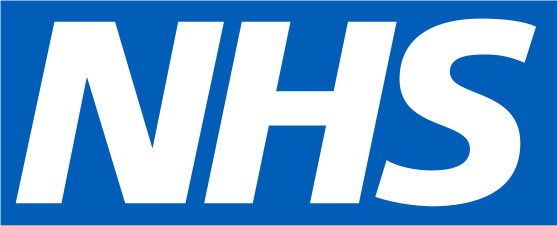Why do we need iron?
- Oxygen Transportation: Red blood cells include a protein called "haemoglobin" that contains iron. Blood gets its colour from this protein. The oxygen that is carried from the lungs to the body is bound by haemoglobin.
- Energy Production: It helps convert blood sugar into energy.
- Immune Function: Iron helps in the correct functioning of the immune system.
- Brain Function: Iron is necessary for cognitive function and the development of the nervous system.
How is iron stored in the body?
Stored in the Liver: Excess iron is stored in the liver, spleen, and bone marrow as ferritin.
What is Ferritin?
- Iron Storage Protein: Ferritin is a protein that stores iron in the body and releases it when required.
- Blood Marker: Ferritin levels in the blood can indicate your body’s iron stores, making it an important marker for diagnosing iron deficiency or overload.
What are the common causes of iron deficiency?
- Blood Loss: Heavy periods, nose bleeds, or bleeding from the gut can deplete iron levels. Blood loss from the gut may include haemorrhoids or stomach / gullet bleeds due to inflammation or ulcer.
- Dietary Deficiency: Eating insufficient foods high in iron. This is more common in a vegetarian or vegan diet.
- Increased Demand: pregnancy, rapid growth in children, or intense physical activity can increase iron requirements.
- Poor Absorption: Conditions like coeliac disease or certain gut surgeries can impair iron absorption.
What are symptoms of iron deficiency?
- Fatigue: This is one of the most common signs of iron deficiency.
- Pale Skin: Reduced haemoglobin can cause pale skin.
- Shortness of Breath: Iron deficiency limits the blood's capacity to carry oxygen around. This can result in breathlessness during physical activities.
- Hair loss and Brittle Nails: Iron deficiency can cause hair and nail growth. (Iron deficiency can cause "koilonychia", spoon shaped or indented nails).
- Headaches and Dizziness: Reduced oxygen supply to the brain may cause these.
Iron and pregnancy
Increased iron requirements: Growing baby and placenta means that pregnant women need more iron in their diet.
Iron deficiency in pregnancy can lead to complications like premature birth and low birth weight.
What are food sources of iron?
Haem Iron (Easily Absorbed): Found in animal products.
Non-Haem Iron (Less Easily Absorbed): Present in plant-based foods.
Animal-Based Iron Sources
- Red Meat (beef, lamb, pork)
- Poultry (chicken, turkey)
- Fish and Shellfish (salmon, tuna, clams, oysters)
- Eggs
Vegetarian Iron Sources
- Legumes (lentils, chickpeas, beans)
- Tofu and Tempeh
- Dark Leafy Greens (spinach, kale, Swiss chard)
- Whole Grains and Fortified Cereals (quinoa, oatmeal, fortified cereals)
- Nuts and Seeds (pumpkin seeds, chia seeds, almonds)
